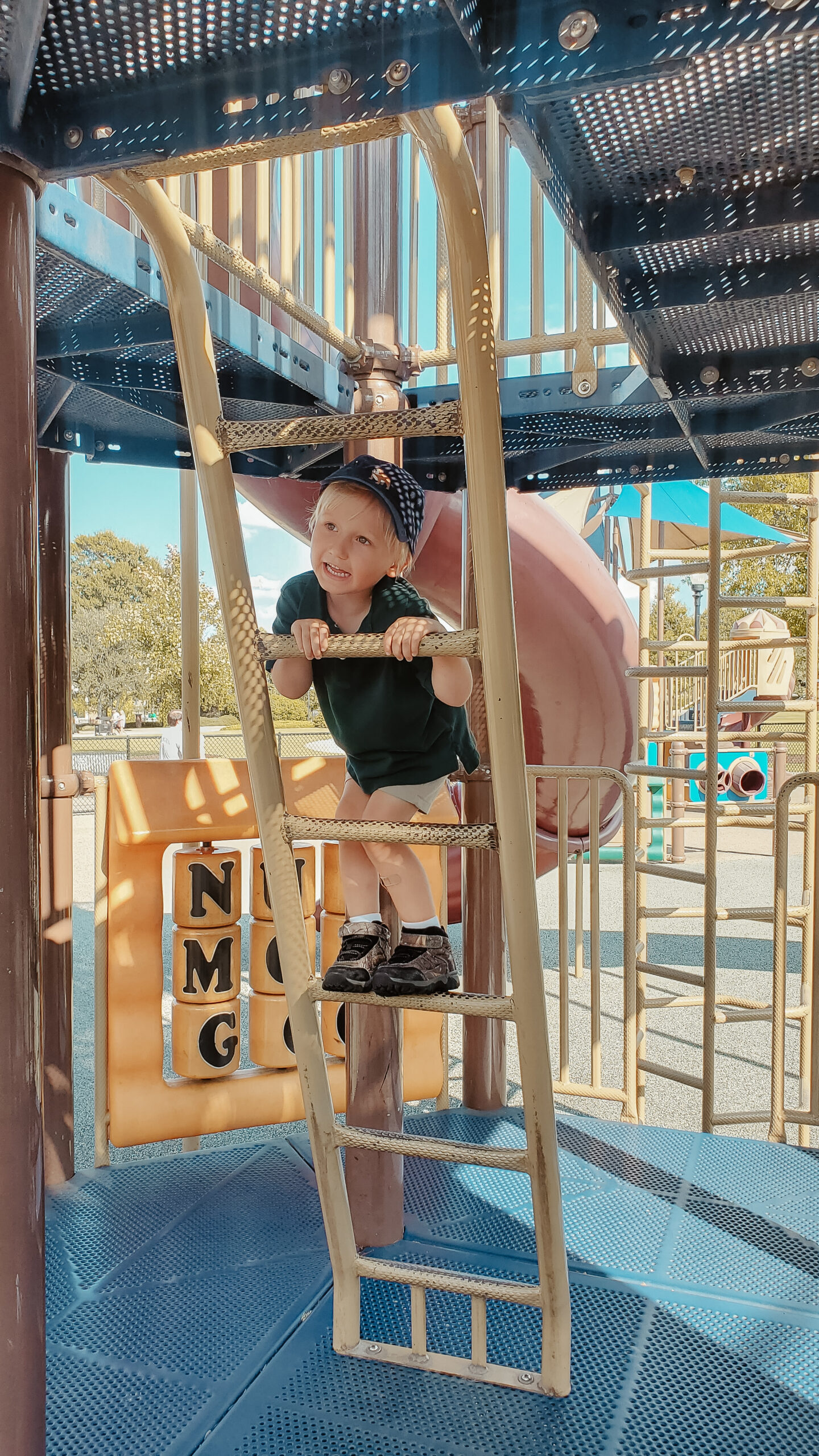Video Games: Why Our Family Chose to Opt Out
Hey there, fellow parents!
I know this topic may be controversial, but I want to share our family’s decision to avoid video games in our home. As an imperfect parent, I’m not here to judge other families who choose to play video games, but I want to share our reasoning and journey.
It’s not just research that has led us to this decision. Our real-life experience with environments where people are playing video games has also played a significant role. We’ve witnessed firsthand how video games can consume people’s lives, leading to social isolation, decreased productivity, and a lack of engagement with the world around them.
After researching the potential impact of video games on mental and physical health, social skills, and relationships, I have concerns about:
- Addiction and negative impacts on mental and physical health
- Exposure to violence and aggressive thoughts and behaviors
- Social isolation and decreased social skills
- Health risks like obesity, eye strain, and poor posture
- Inappropriate content and negative role models
- Negative impacts on academic performance and productivity
- The potential for excessive spending on in-game purchases
- Exposure to cyberbullying and harassment
- Eye strain and vision problems
- Sleep deprivation and related health issues
- Negative impacts on mental health, including increased stress and anxiety
But beyond these concerns, we also believe that video games are unproductive and lack enrichment. We want our children to engage in activities that promote learning, creativity, and personal growth. Video games, in our opinion, do not align with these values.
We’d rather our children spend their time:
- Reading books that spark their imagination
- Engaging in creative activities like art, music, or writing
- Playing outdoor games that promote physical activity and teamwork
- Learning new skills or hobbies that challenge their minds
- Volunteering or participating in community service
- Pursuing their aspirations, passions, and goals, whether it’s starting a business, exploring scientific interests, or practicing music
- Considering the goals and needs of their family and friends, and using their time and talents to help others
- Taking initiative to improve their own spaces, such as organizing their room or creating a peaceful environment
As parents, we believe it’s our responsibility to help set our children’s future choices and households up for success. In any scenario we envision for our children’s lives, video games are not part of it. We want our children to find joy in activities that enrich their minds, bodies, and souls.
Now, I know some of you may be thinking, “But what about when they go to their friends’ houses or play at clubs?” And yes, we’re okay with that.
We understand that our children will be exposed to video games at some point, and we’re not naive to think we can shield them completely. However, our ultimate goal is to raise children who are mindful of their screen time and choose to prioritize meaningful activities that promote their overall well-being.
When our children, Claire and Peter, grow up and have their own families, they can make their own choices about video games. If they want to play video games as adults or let their children play them, that is their choice. But it will not be due to our support, encouragement, or enabling.
We’re raising them to be independent thinkers who make their own decisions while equipping them with the skills to keep video games out of their lives if that is what they desire, and we trust that they’ll make choices that align with their values and goals.
I understand that half of the people who read this will find it very harsh, but the other half will agree. And that’s okay. This topic is polarizing, and we’re not here to judge. We’re just sharing our journey and our reasons for opting out of video games in our household.
Let’s support each other in our parenting journeys, even when disagreeing. Share your thoughts, and let’s have a respectful conversation!









